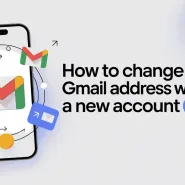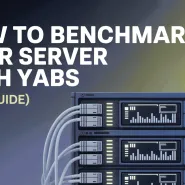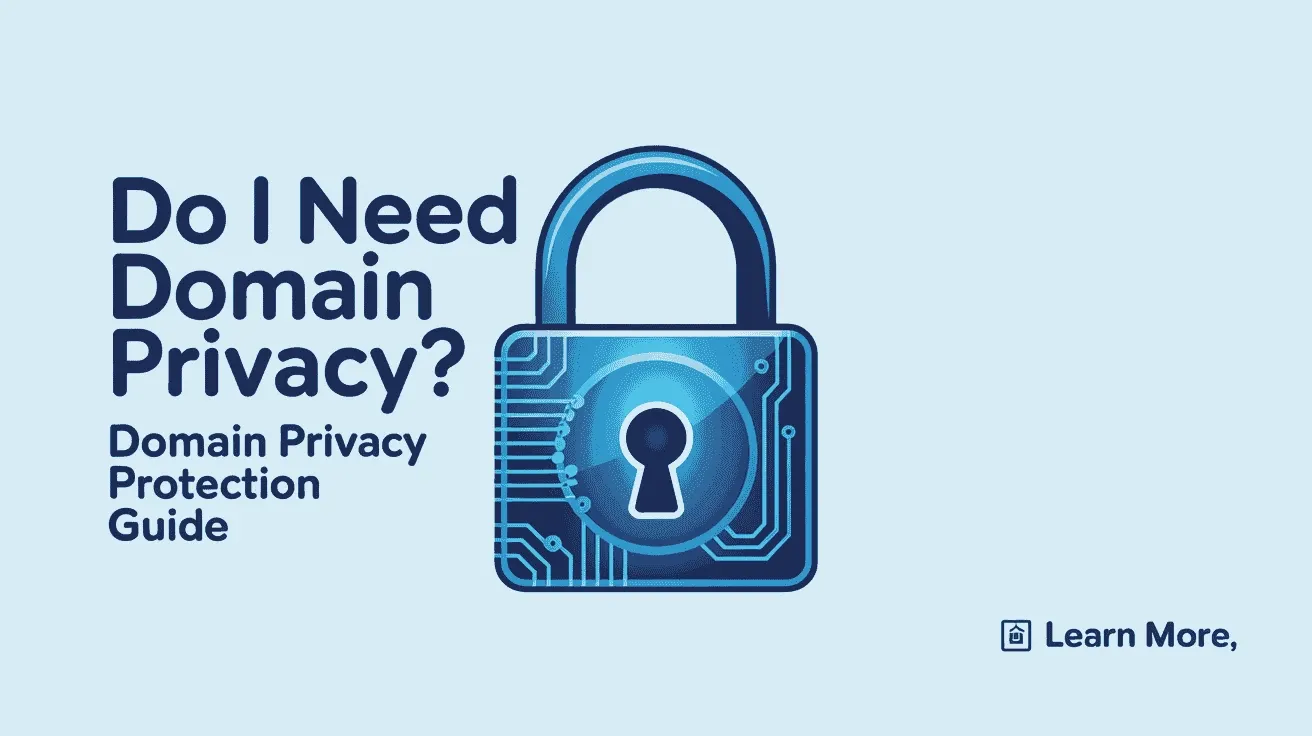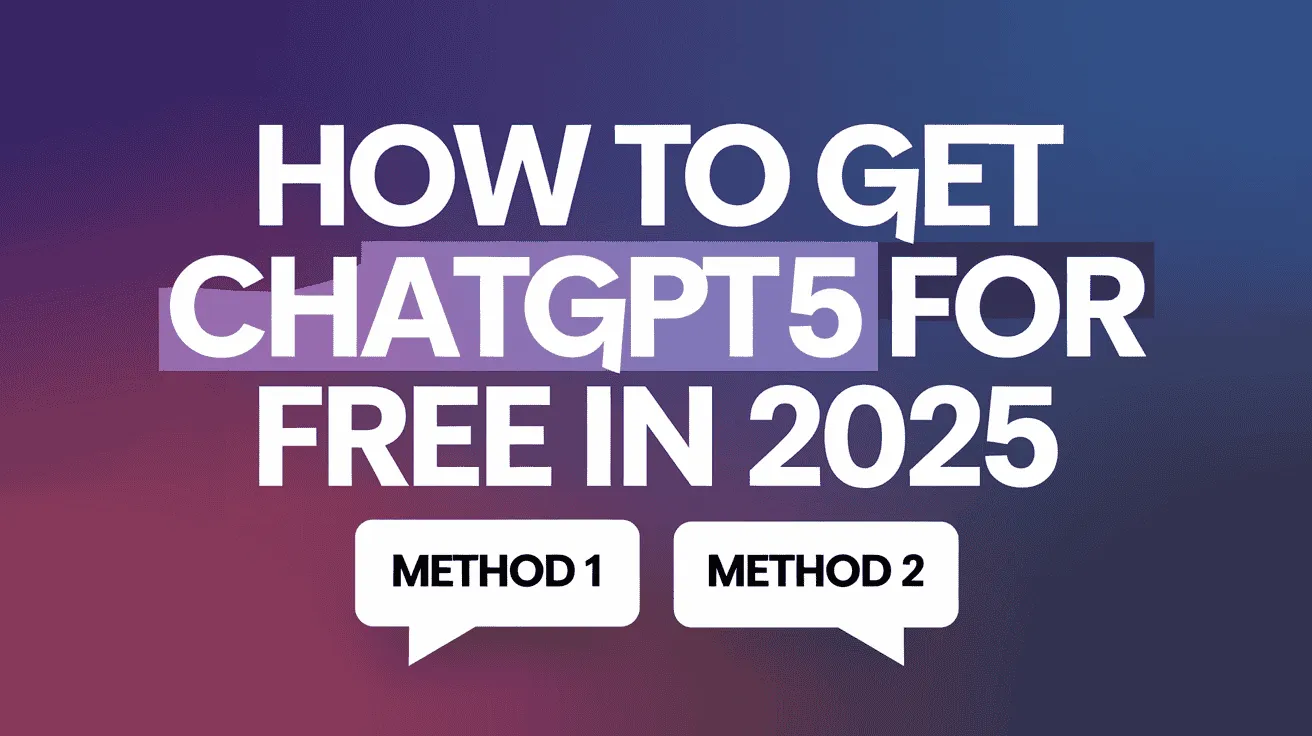Keeping your personal details and online assets safe is more important than ever. Whether you run a business or have a personal website, your domain name is the base of your online identity. But when you register a domain, your personal information—like your name, address, email, and phone number—often becomes public in the WhoIs database. This is where Domain Privacy Protection and WhoIs Protection come in.
Without Domain Name Protection, anyone can see your details online, which can lead to spam, unwanted calls or emails, and even identity theft. Domain Privacy Protection hides your real contact information and replaces it with the details of a privacy service. With Whois Protection, your private info stays hidden, but you still keep full control and ownership of your domain.
Using Domain Name Protection and Whois Protection not only keeps you safe but also makes your website look more professional. These services are simple to set up and can save you from a lot of trouble in the future. For example, if you use Domain Privacy Protection, spammers and scammers won’t be able to easily find and misuse your information.
In this guide by Owrbit, we’ll explain exactly how Domain Privacy Protection and Whois Protection work, what they include, and why they are essential for anyone serious about their online presence. We’ll also talk about how Domain Name Protection ensures that your brand and personal identity are safe from misuse.
Whether you’re just starting your website or you’re an experienced entrepreneur, understanding Domain Privacy Protection, Whois Protection, and Domain Name Protection can help you make smart choices and protect your valuable online assets. In today’s fast-changing digital world, these tools are no longer optional—they are a must-have for keeping your online identity safe.
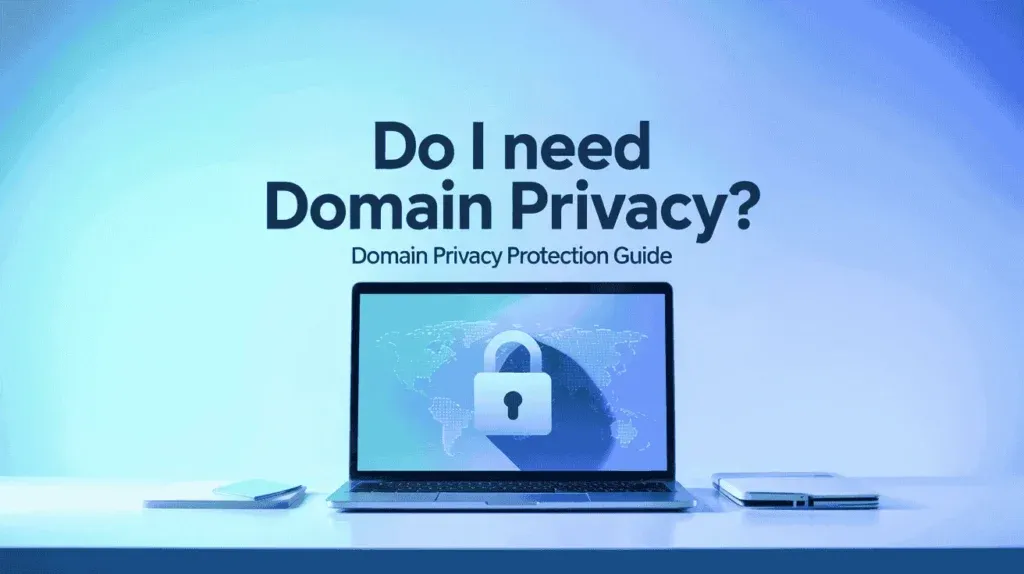
What is Domain Privacy?
Domain Privacy, also known as Domain Privacy Protection or Whois Protection, is a security feature that hides your personal contact details from the public Whois database when you register a domain name. Without Domain Name Protection, anyone can look up your domain registration details — including your name, address, email, and phone number — using a Whois search.
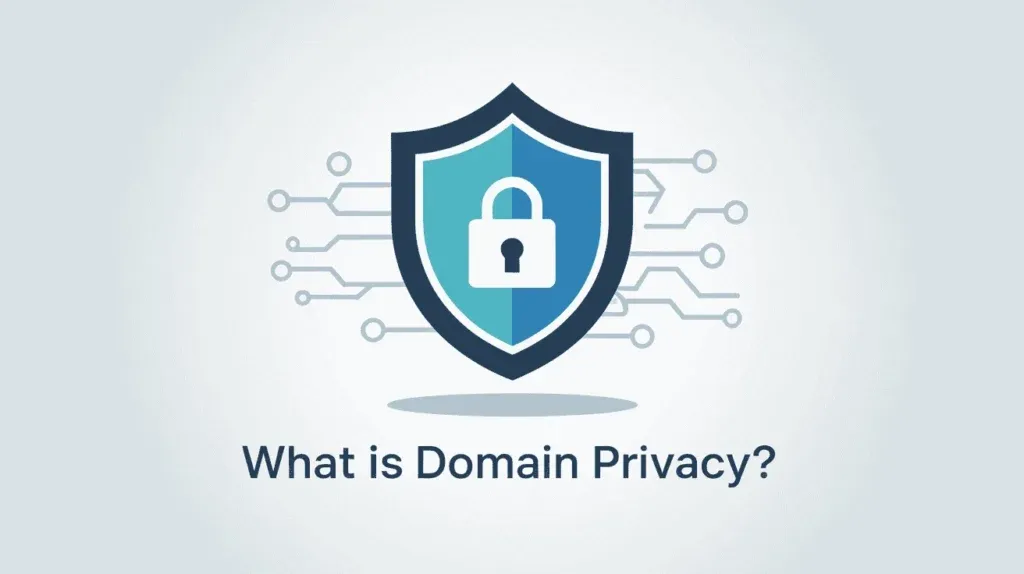
When you enable Domain Privacy Protection, your domain registrar replaces your real information with the contact details of a privacy service. This way, your domain remains registered to you, but your personal identity stays hidden from spammers, marketers, and cybercriminals.
According to ICANN’s Whois Overview, domain registration details are publicly visible unless privacy protection is enabled.
Why is Domain Privacy Important?
Domain Privacy is important because it protects your personal and business information from being exposed in the public Whois database. When you register a domain name without Domain Privacy Protection, your details — including your name, address, phone number, and email — are publicly available to anyone who performs a Whois lookup.
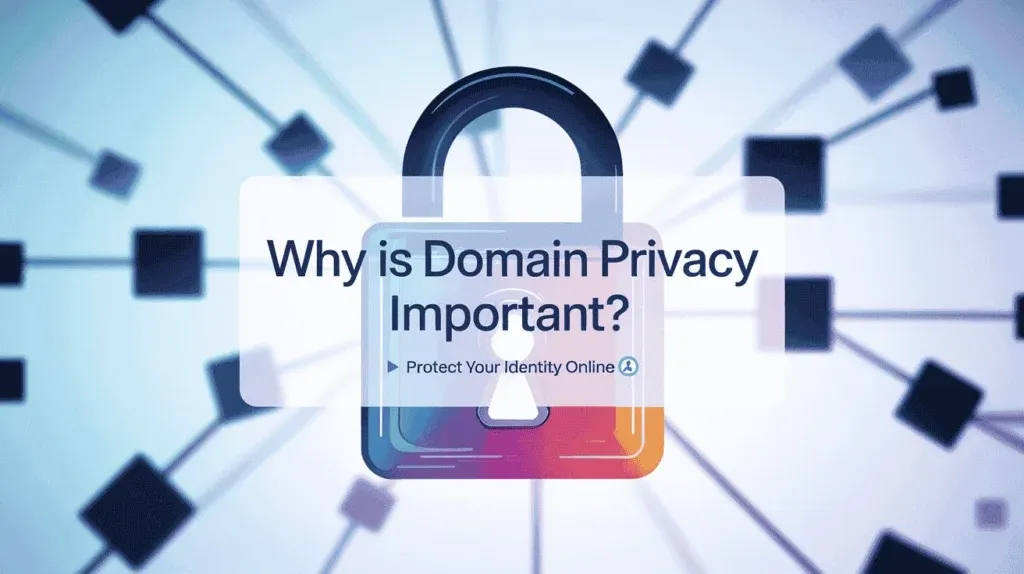
This can lead to:
- Spam emails and unwanted calls from marketers and scammers
- Phishing attacks aimed at stealing your login credentials or financial data
- Identity theft where criminals use your information for fraudulent activities
- Harassment or stalking in extreme cases
- Loss of professionalism if personal details are linked to your business site
By enabling Domain Privacy Protection and Whois Protection, you replace your public details with the contact information of a privacy service. You still maintain full domain ownership, but strangers cannot directly access your personal information. This is a core part of Domain Name Protection and helps you stay safe while running your website.
Laws like the GDPR and California Consumer Privacy Act highlight the importance of safeguarding personal data online.
How Does Domain Privacy Work?
Domain Privacy, often called Domain Privacy Protection or Whois Protection, works by replacing your personal contact details in the public Whois database with the information of a privacy service.
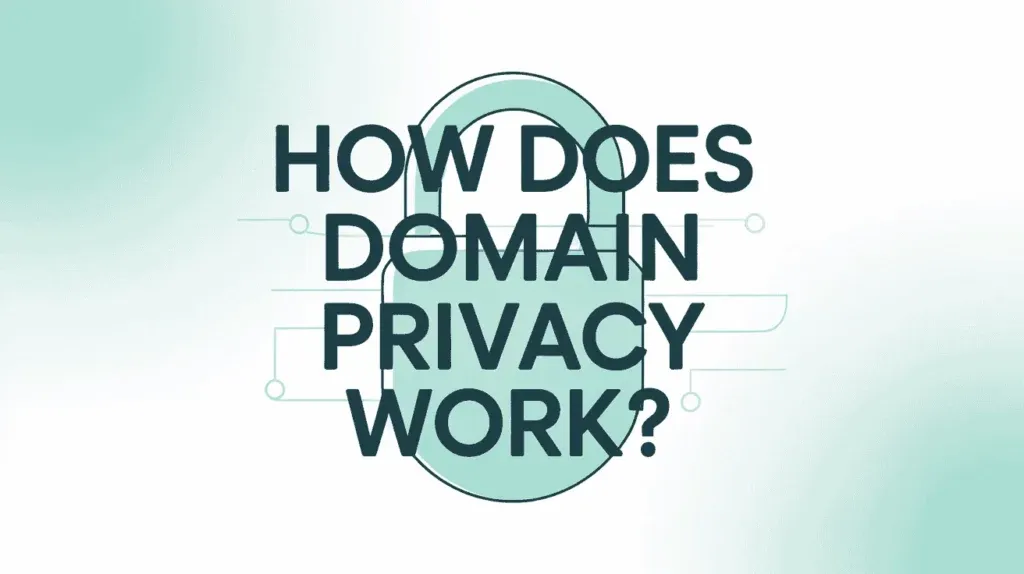
When you register a domain name without Domain Name Protection, the Whois record will show your full name, address, email, and phone number. Anyone can look this up, including marketers, spammers, and cybercriminals.
With Domain Privacy Protection and Whois Protection, your registrar hides this sensitive information and lists their privacy service details instead. You remain the legal owner of the domain, but outsiders cannot see your personal data.
Benefits of Domain Privacy Protection :
Domain Privacy Protection and Whois Protection offer several advantages that help you keep your personal and business information safe while maintaining full control of your domain.
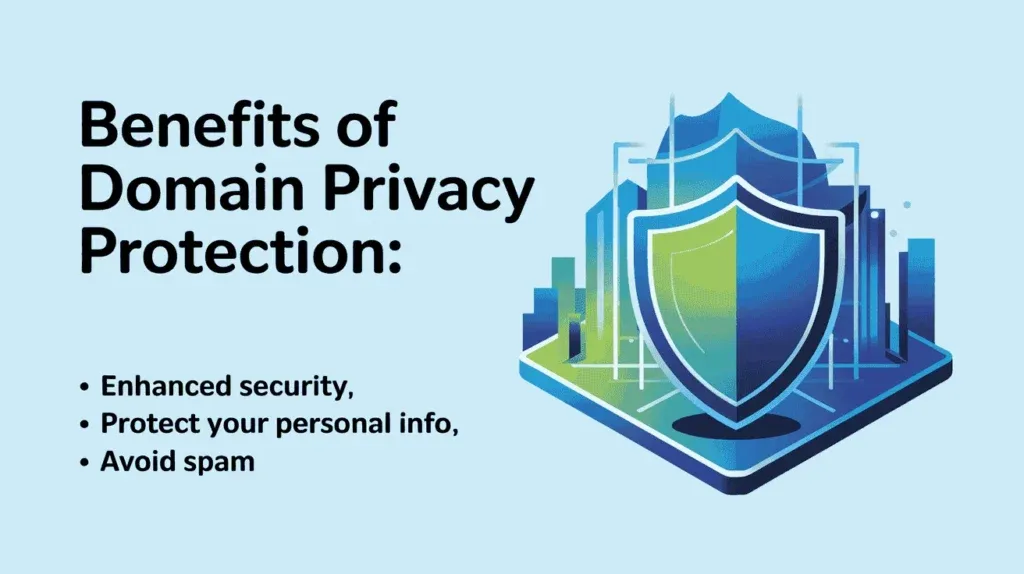
- Prevents spam and junk emails – Keeps your email address out of public Whois records, reducing unwanted messages.
- Protects against identity theft – Hides personal details that cybercriminals could misuse.
- Reduces telemarketing calls – Keeps your phone number private and out of marketing databases.
- Shields you from scams and phishing attacks – Makes it harder for attackers to target you with fake requests.
- Maintains your professional image – Shows your website as secure and trustworthy to visitors.
- Keeps business information confidential – Ensures competitors or unknown parties can’t access sensitive details.
- Offers peace of mind – Lets you focus on growing your website without worrying about privacy risks.
- Retains full domain ownership rights – You still control, sell, or transfer your domain at any time.
In short, Domain Privacy Protection and Whois Protection act as your first line of defense in the digital world. By using Domain Name Protection, you safeguard your identity, protect your online brand, and ensure a safer internet experience for yourself and your business.
Risks of Not Using Domain Name Privacy Protection :
Not using Domain Privacy Protection or Whois Protection can expose you to serious online threats. When your personal and business details are visible in the public Whois database, anyone — including spammers, scammers, and cybercriminals — can access them. This lack of Domain Name Protection can lead to problems that are costly, stressful, and damaging to your reputation.
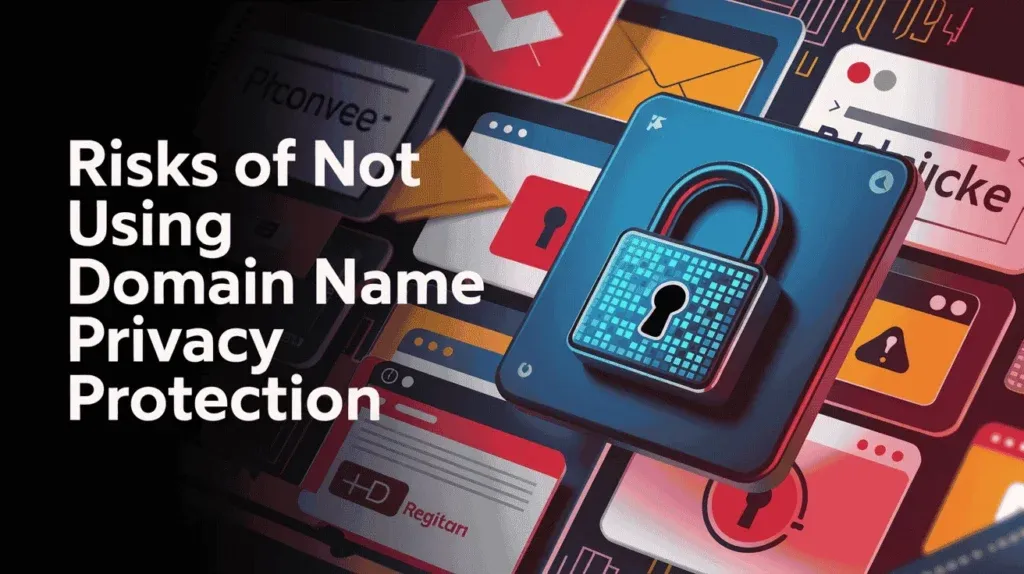
Main risks include:
- Spam and unwanted emails – Your email address becomes a target for marketing bots and spam campaigns.
- Identity theft – Cybercriminals can misuse your personal information for fraudulent activities.
- Phishing attacks – Criminals may send fake emails pretending to be from trusted sources to steal your login or financial details.
- Unwanted sales calls – Public phone numbers attract telemarketers and scammers.
- Harassment or stalking – Your address or contact details can be misused for personal harassment.
- Business espionage – Competitors can track your domain activity and potentially target your business.
- Loss of trust – A website without Domain Privacy Protection may seem less secure to potential customers.
- Higher risk of domain theft – Public contact details make it easier for attackers to try unauthorized domain transfers.
Online threats are more aggressive than ever. Without Domain Privacy Protection, Whois Protection, and Domain Name Protection, you leave your digital identity open to abuse. For a small yearly cost, you can avoid these risks and keep your online presence safe.
Cybercrime reports by Cybersecurity & Infrastructure Security Agency (CISA) show that exposed contact details can lead to phishing and identity theft.
Who Should Consider Domain Name Protection?
Domain Privacy Protection, Whois Protection, and Domain Name Protection are valuable for almost every domain owner. In today’s online world, anyone with a website can be a target for spam, scams, or data theft. That means this service isn’t just for big companies — it’s for anyone who values security and privacy.
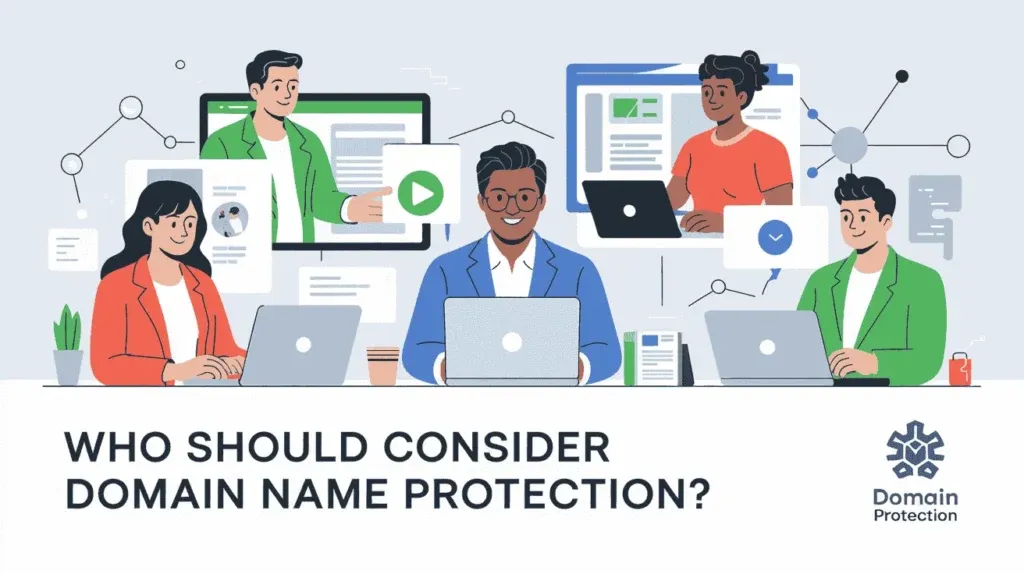
You should consider Domain Privacy if you are:
- An individual with a personal website or blog
- Prevents strangers from finding your home address, phone number, or email through the public Whois database.
- A small business owner
- Keeps competitors and unknown parties from accessing your business contact details.
- An eCommerce store owner
- Protects your brand’s credibility and customer trust by keeping sensitive information private.
- A freelancer or remote worker
- Shields your personal details when using your domain for a professional portfolio or client communications.
- A startup or new brand
- Ensures your business identity remains safe during the early, vulnerable growth stages.
- An organization handling sensitive topics
- Perfect for advocacy groups, NGOs, or news websites that may face harassment or unwanted attention.
- Anyone concerned about identity theft or scams
- Stops spammers, scammers, and cybercriminals from easily accessing your details.
If you own a domain name, Domain Privacy Protection and Whois Protection are worth considering. Whether you’re running a global business or a small personal site, Domain Name Protection helps safeguard your identity, your brand, and your peace of mind.
Domain Privacy Update 2025: What You Need to Know
In January 2025, the internet’s domain information system transitioned from the long-used WHOIS protocol to the new RDAP (Registration Data Access Protocol). This change was introduced by ICANN to modernize how domain registration data is stored, accessed, and protected.
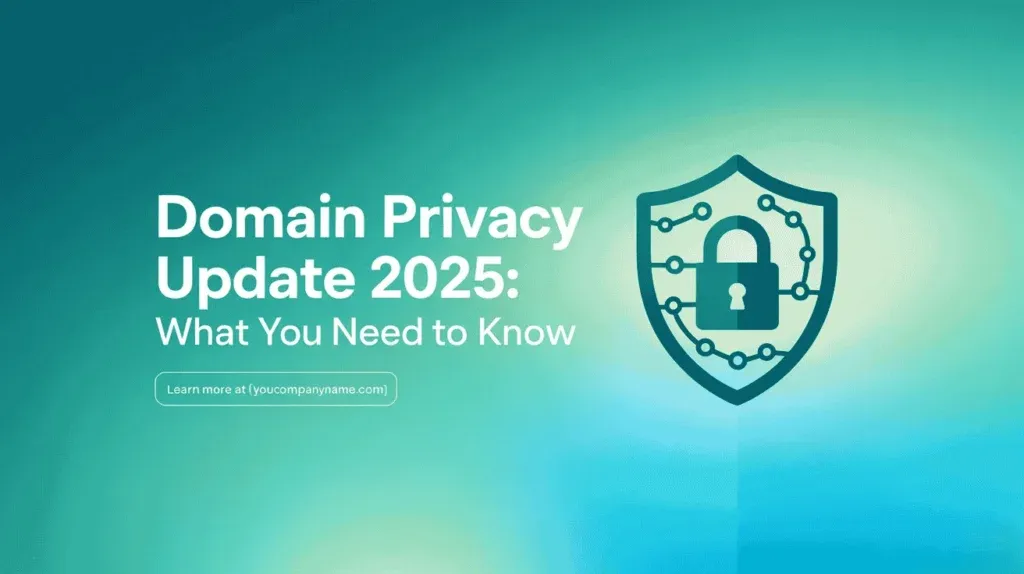
Under WHOIS, anyone could look up your domain name and see personal details such as your name, email address, phone number, and mailing address—unless you had domain privacy enabled. With RDAP, the process is more secure and standardized, offering better data protection and compliance with privacy laws like GDPR.
However, RDAP does not automatically hide all your information. Your registrar still holds your real contact details, and without Domain Privacy Protection, certain information may still be accessible to third parties, depending on registry policies and local laws.
Checkout WHOIS Lookup: Find Out Who Owns a Domain Name – Domain Lookup Tool
Key Points in 2025:
- WHOIS lookups are replaced with RDAP queries for more structured and secure data retrieval.
- Some registries now mask more personal data by default, but this varies by domain extension (TLD).
- Domain Privacy Protection is still essential to prevent spam, scams, and unwanted contact.
- GDPR compliance has influenced stronger default protections in Europe, but not globally.
The 2025 RDAP rollout improves privacy at a technical level, but full protection of your personal details still requires enabling Domain Privacy through your registrar.
Domain Extensions: TLD Privacy Support in 2025
| TLD Category | Examples & Details |
|---|---|
| Support Domain Privacy (via registrar services) | Most generic domains like .com, .net, .org, .biz, .info, .me, .tv, .cc, .asia support registrar-provided Domain Privacy Protection. |
| Mask by Default (registry-level) | Certain TLDs automatically hide or limit public exposure of registrant details—even without privacy enabled: • .ch, .li: Whois info private by default as of 2021.• .de: Registrant data largely restricted since 2018.• .ca: Individual registrant details no longer published since 2008.• .eu: For natural persons, only email shown unless opted out.• .fr, .it, .fi: Default masking for individuals. .it requires explicit consent to publish. Proxy services disallowed.• .at, .co.at: Contact details hidden by default since 2010.• .gr, .is, .nl, .ro, .ovh, .uk: Owner info hidden or partially masked by default. |
| Explicitly Do Not Allow Privacy | Many country-code TLDs (ccTLDs) prohibit the use of Domain Privacy or Whois Privacy services: • .us: Not allowed—public exposure required by registry policy.• .in: Indian registry prohibits privacy/proxy services.• .au: Privacy forbidden in Australia; some details may be masked but domain owner must remain public.• .br: Brazil must publish registrant details—name, email, country info, CPF/CNPJ. |
| Do Not Support Privacy (Registrar/Registry Restriction) | Many ccTLDs and some gTLDs simply do not permit privacy services. Examples from multiple registrars include: • .ac, .am, .asia, .at, .be, .ca, .de, .eu, .es, .film, .in, .it, .jp, .nl, .pro, .ru, .uk, .us, .ws, etc. |
Before registering your domain, always check if your chosen TLD supports privacy protection—so you can safeguard your personal details and maintain full control over your online identity.
🔒 Secure Your Domain with Free Privacy Protection from Owrbit
Protect your personal and business details the moment you register your domain. With Owrbit, every domain comes with free Domain Privacy Protection and Whois Protection, ensuring your name, address, email, and phone number stay hidden from the public Whois database.
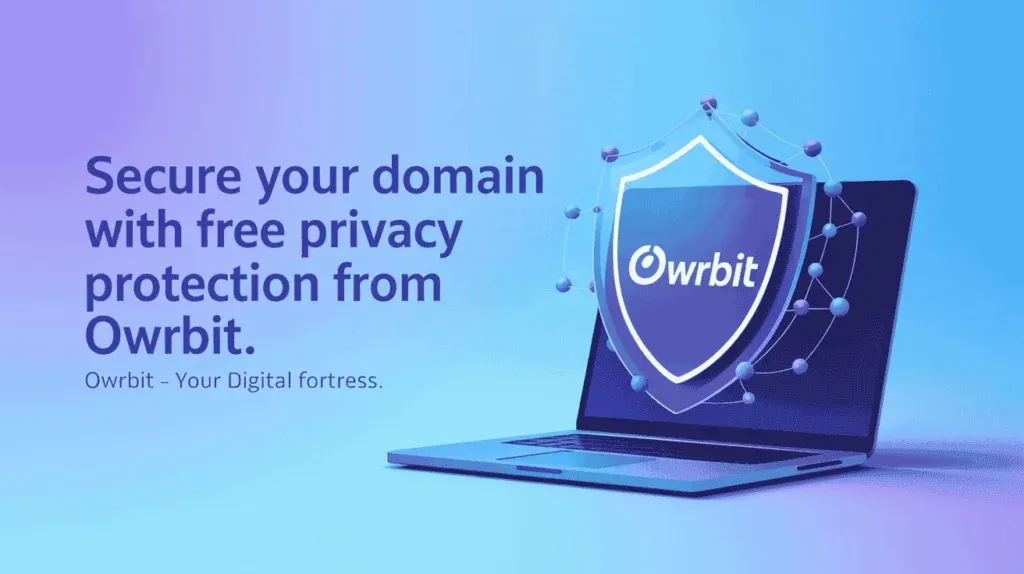
Unlike many other registrars that charge extra, Owrbit includes Domain Name Protection at no additional cost — giving you peace of mind, improved security, and a professional online presence from day one.
“According to ICANN, public Whois records can expose up to 90% of domain owners to spam and phishing attempts.”
🚀 The Owrbit Advantage: More Than Just Domain Registration
Choosing Owrbit means getting more than a domain name — it means complete protection, ease of use, and trusted support. Here’s why Owrbit stands out:
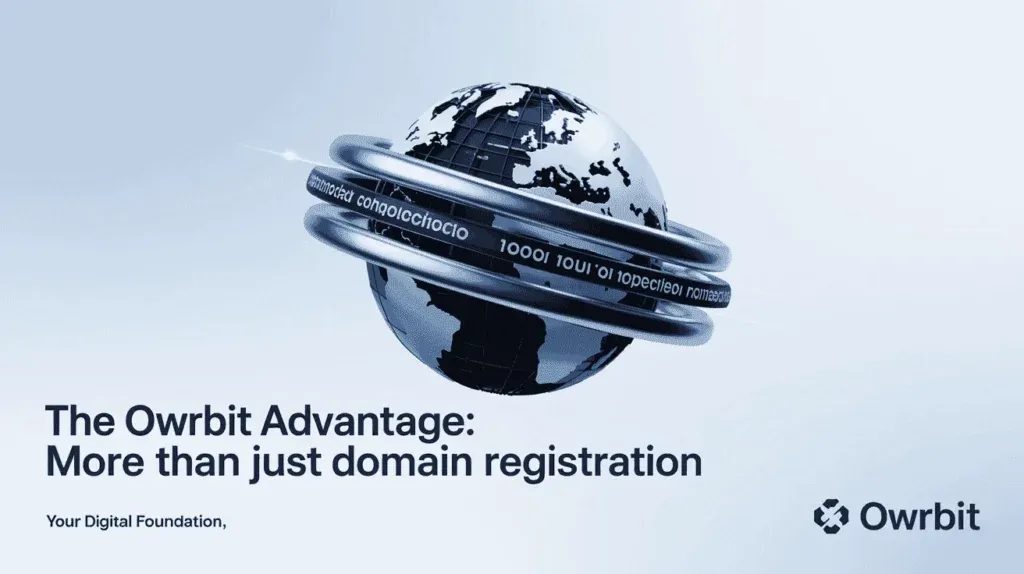
1. Free Domain Privacy Protection – Your personal details stay hidden from the public Whois database at no extra cost.
2. Built-In Whois Protection – Stop spam, scams, and phishing attempts before they reach you.
3. Full Domain Name Protection – Maintain ownership rights and prevent unauthorized transfers.
4. Competitive Pricing – Transparent rates with no hidden fees.
5. Easy Management Tools – Simple dashboard for domain, DNS, and renewal management.
6. 24/7 Expert Support – Friendly, knowledgeable assistance whenever you need it.
7. Trusted by Businesses Worldwide – Reliable, secure, and proven service.
With Owrbit, you’re not just registering a domain — you’re securing your brand, protecting your identity, and gaining a partner you can trust.
🛠 Start Protecting Your Online Identity With Owrbit
Getting started with Owrbit is quick, simple, and secure. In just a few minutes, you can register your domain and enjoy free Domain Privacy Protection, Whois Protection, and complete Domain Name Protection.
Checkout How to Buy a Domain Name Anonymously: 5 Simple Steps Explained
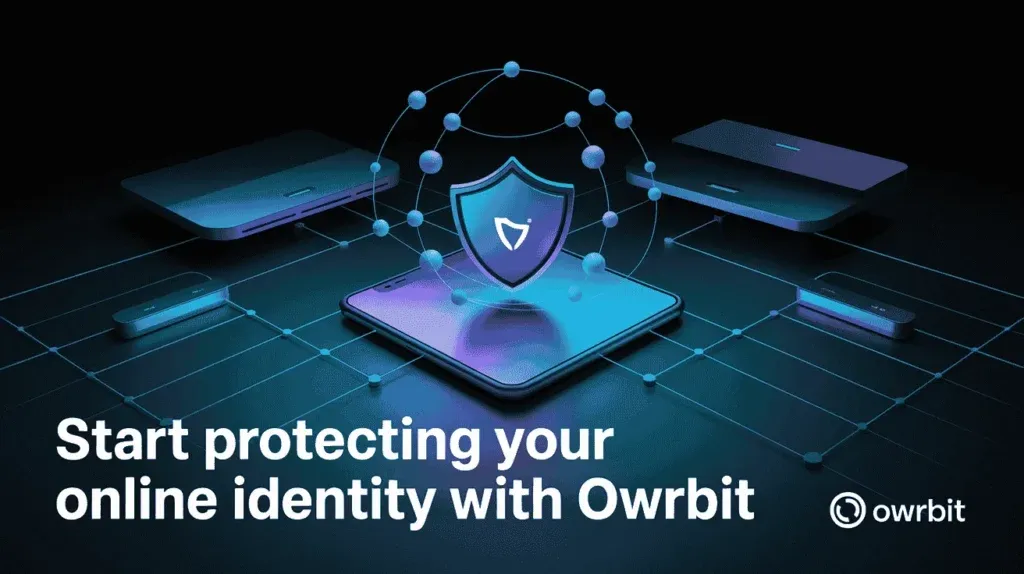
- Search for Your Perfect Domain – Use Owrbit’s search tool to find the ideal name for your website or brand.
- Register with Confidence – Complete your purchase knowing that free Domain Privacy Protection. While purchasing, make sure to enable ID Protection to hide your personal details and activate DNS Management for better control over your domain’s settings.
- Go Live with Full Protection – Your personal details remain hidden in the public Whois database while you manage your domain with ease
With Owrbit, protecting your online identity has never been easier. From day one, you’ll have the privacy, security, and support you need to focus on what matters most — growing your online presence.
Case Studies: Businesses & Individuals Protected by Domain Privacy
In the real world, domain owners experience consequences firsthand when their personal data becomes public. Below are documented stories and testimonials showing why Domain Privacy Protection is a must-have—not just a feature.
Checkout Domain Name Security: Tips to Improve Your Domain Security

1. Individual Graphic Artist Under Attack—No Privacy, Major Fallout
Who: Andy Markley, a graphic artist
Scenario: Spammers hijacked his domain to send spam, flooding his inbox with undeliverable messages and hate emails. His business reputation took a major hit, and he had to take down his site temporarily.
Takeaway: Without Domain Privacy, exposing personal or business email can lead to identity misuse, reputational damage, and emotional distress.
Source: Wired — Spam: This Time It’s Personal
2. Small Business Owner & Nonprofit Using Whois Privacy Successfully
Who: A small business owner and a nonprofit (anonymous examples referenced by a domain privacy blog)
Scenario: Both used Whois Privacy services to keep their contact details off the public Whois database. This prevented spam, maintained professionalism, and protected their organization’s mission and reputation.
Takeaway: Domain Privacy is essential for small organizations seeking privacy and a polished public presence while preventing data misuse.
Source: NiceDomain blog article — WHOIS Privacy Protection: Balancing Privacy and Transparency
3. Real Domain Owners Share Spam Experiences & Registrar Woes
Scenario A:
An experienced web developer got two daily spam calls after registering a domain without privacy—even after switching to a virtual phone. Others in the thread advised transferring domains to registrars that don’t sell contact data.
“I get 2 or more phone calls every single day… guys from India offering web design…”
Source: Reddit r/Domains
Scenario B:
Another user had Whois Privacy enabled, yet still received regular marketing calls—raising concerns about registrar practices.
“I purchased a domain … I am getting BOMBARDED with phone calls … I double checked on Whois and the information IS private…”
Source: Reddit r/Domains
Scenario C:
One owner had Whois Privacy on, but still received unsolicited emails—underscoring that privacy doesn’t fully stop all spam, especially if contact emails appear elsewhere on the site.
“All the domains have privacy ON … How did they manage to get my details…”
Source: Reddit r/Domains
From graphic artists to nonprofit leaders and everyday domain owners, these case studies reveal that Domain Privacy isn’t just about hiding info—it’s about protecting your business, your reputation, and your peace of mind. With Owrbit’s free Domain Privacy Protection, you avoid risks before they become costly. Start your registration now.
FAQs about Domain Name Privacy Protection :
Whether you’re registering your first domain or managing a large portfolio, questions about Domain Privacy are extremely common. Below, we’ve compiled answers to the most frequently asked questions—based on what real customers ask every day—so you can make informed, secure decisions.
Is Domain Privacy legal and GDPR-compliant?
Yes. After GDPR, public display of personal data in gTLD records was restricted or redacted. Privacy/proxy services remain allowed and widely used; they add an extra layer of shielding beyond GDPR redaction and can apply globally.
Does Domain Privacy hide my ownership? Can people still contact me?
Your beneficial ownership stays the same. Public records show privacy-service details, and contact methods (email/forwarding form) still route messages to you without exposing your identity.
Which TLDs don’t allow Domain Privacy / Whois Privacy?
Some registries restrict it—especially certain country-code TLDs. Examples commonly cited include .US (prohibited), and in many registrars’ policies, .IN, .EU, .DE, .CA, .UK, and others. Always check your registrar’s current list because rules vary by registry.
Can law enforcement, courts, or UDRP complainants unmask my details?
Yes. With proper legal process or verified rights-enforcement requests, registrars or privacy providers can disclose registrant data to the requester.
How do I enable Domain Privacy Protection?
At checkout, select ID/Privacy Protection. Enable DNS Management for full control. If already registered, toggle it on in your registrar account (where allowed by the TLD).
Can I register a domain using fake information if privacy is enabled?
While Domain Privacy Protection masks your real contact details in public Whois records, using fake information may violate registrar or ICANN policies—especially if you need to prove ownership later. Better: use real info with privacy protection.
Is it safe to use my personal email when registering a domain with privacy enabled?
Yes—as long as Whois privacy is active, your email remains hidden from public view. But it’s a smart practice to use a dedicated business or forwarding email instead of your personal one for added safety.
Why am I getting spam calls/messages after registering my domain?
If you didn’t enable privacy immediately, your contact info may have been exposed in the public Whois and scraped by bots. This often leads to sudden spam once your domain is indexed—privacy protection helps prevent this.
Can registrars misuse or sell my private Whois data?
It’s highly unlikely and would breach legal and ICANN guidelines. However, if you have trust concerns, choose reputable registrars like Owrbit with strong privacy track records and clear policies.
Understanding how Domain Privacy works—and how it protects your personal information—can save you from spam, scams, and unwanted exposure. If you’re ready to keep your details safe, Owrbit offers free Domain Privacy Protection with every eligible domain registration.
Conclusion: Is Domain Privacy Right for You?
In today’s digital world, protecting your personal details is no longer optional—it’s essential. Domain Privacy Protection, along with Whois Protection and Domain Name Protection, ensures your name, address, email, and phone number stay hidden from public databases, protecting you from spam, scams, and identity theft.
If you value your online security, want to maintain a professional image, and aim to safeguard your brand, then investing in Domain Privacy is the smart choice. With Owrbit, you don’t have to pay extra for this peace of mind—it’s included for free with eligible domain registrations.
Your online identity is one of your most valuable assets. Take control, stay secure, and choose a registrar that prioritizes your privacy from day one.
Checkout Domain Name Security: Tips to Improve Your Domain Security
Discover more from Owrbit
Subscribe to get the latest posts sent to your email.
